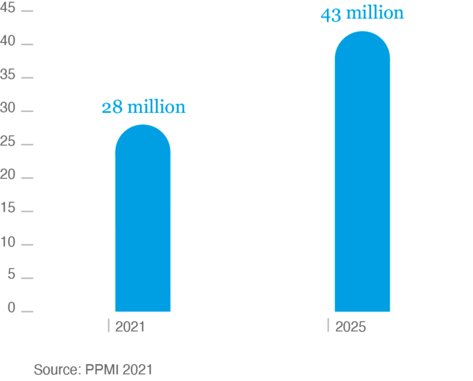 Pexels/Kampus Production
Pexels/Kampus Production
Platform work as an innovation and job engine?
ed* Nr. 01/2022 – Chapter 2
During the presentation of the European regulatory proposal, the European Commission emphasised the increasing importance of digital labour platforms, their innovative power and job-creating potential.1 For digital labour platforms as market providers, for consumers and for people working in the platform economy, a wide range of opportunities were opening up that needed to be exploited in Europe.
In fact, platform work has increased rapidly in various industries since 2019. This development was accelerated by the COVID-19 pandemic. For example, more than 28 million people in the European Union (EU) now work via digital labour platforms. According to the European Commission, this figure could rise to 43 million by 2025.2
At the same time, this employment model raises new questions about labour and social protection, such as the distinction between self-employment and dependent employment. For this reason, it is particularly important to the European Commission to take into account employee rights and social benefits for platform workers in its regulations and to create uniform minimum standards at European level for this purpose. In doing so, it emphasises the claim of decent working conditions and access to social and labour protection: technical progress should not be at the expense of employees. When tapping the innovative potential, it must be ensured that this is done inclusively and fairly.


